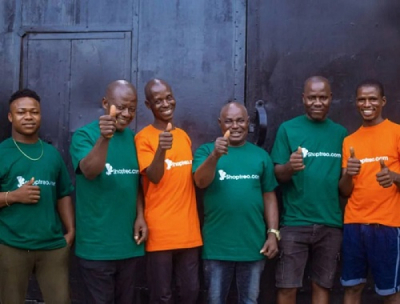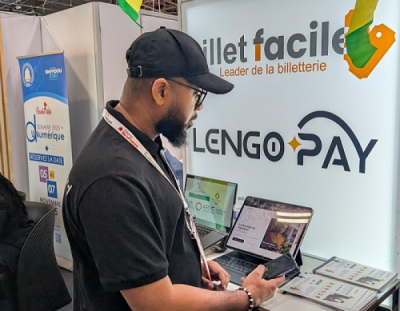-
Côte d’Ivoire appeals for 100 billion FCFA fund ($178M) to support tech startups, calls for private investment.
-
Aims to bridge seed funding gap and boost digital transformation.
The Ivorian government is betting on a new strategy to drive the creation and expansion of technology businesses. Ibrahim Kalil Konaté, the Minister of Digital Transition, has formally appealed to private investors to help establish a 100 billion CFA franc fund, approximately $178 million, aimed at supporting the country’s young startups and tech projects.
“Let’s have faith in our youth. They are creators. I call on the private sector to support Côte d’Ivoire’s digital startups. Together, we will build this powerful financial vehicle to accelerate our country’s digital transformation,” Konaté declared during a public address. In an interview with panafrican media Jeune Afrique, he added that the fund seeks to improve access to financing for entrepreneurs often hampered by a lack of seed capital.
The initiative comes amid strong digital momentum in the country. Ivory Coast now hosts nearly 300 active startups and some 10,000 aspiring entrepreneurs in fields such as fintech, edtech, agritech, and healthtech. To structure this ecosystem, authorities adopted a Startup Act in November 2023, which introduced a “Digital Startup” label, fiscal and customs incentives, and a national labeling committee.
Despite these efforts, private funding remains scarce. While some young entrepreneurs already benefit from Startup Boost Capital, a fund launched in 2023 to improve access to financing, many startups remain underfunded and struggle to secure the resources needed to scale.
With this new fund, the government hopes to attract private and institutional capital to complement existing public support and foster the growth of high-potential startups with strong socio-economic impact. The target, as outlined in the Côte d’Ivoire Numérique 2030 strategy, is clear: make digital technology contribute 10% of GDP by 2028.
This article was written in French by Samira Njoya,
Edited in English by Mouka Mezonlin



















